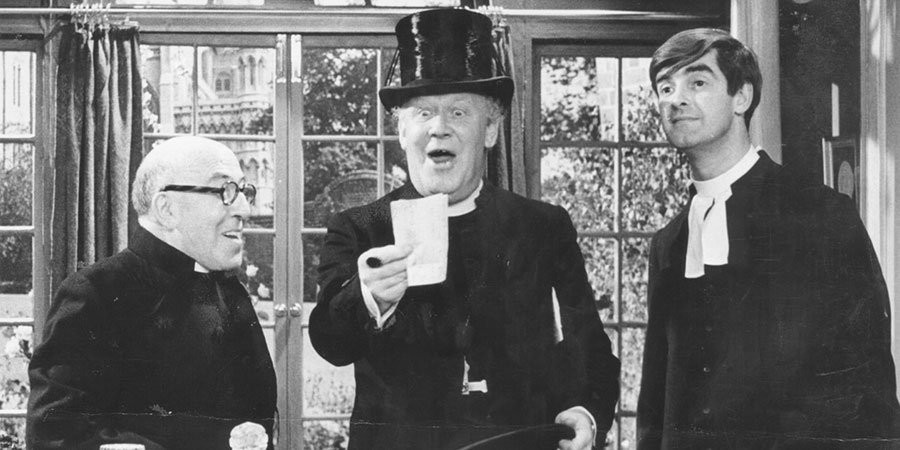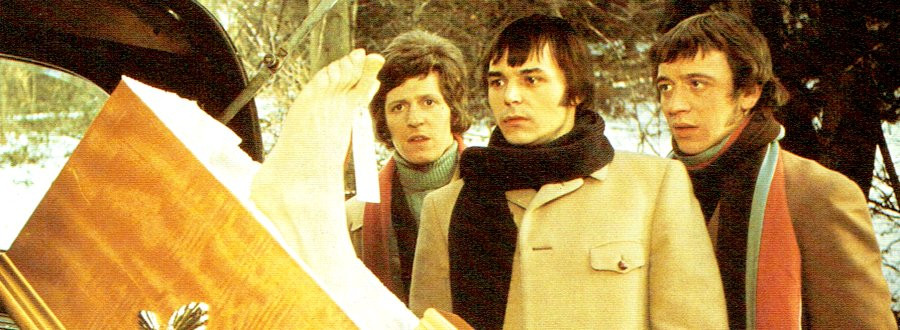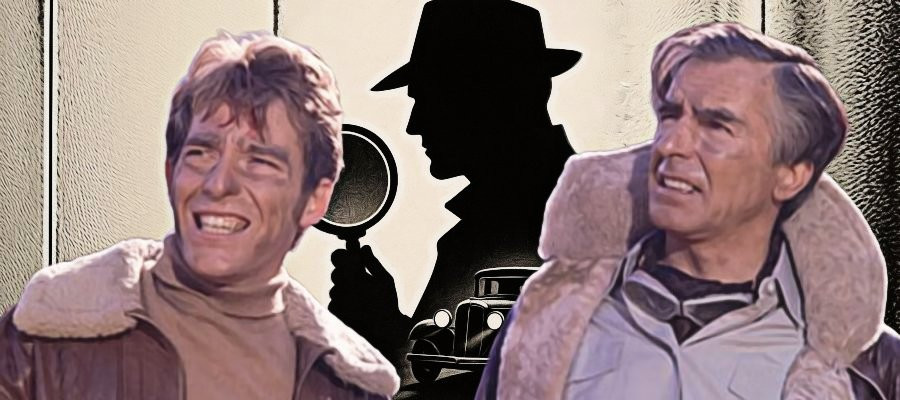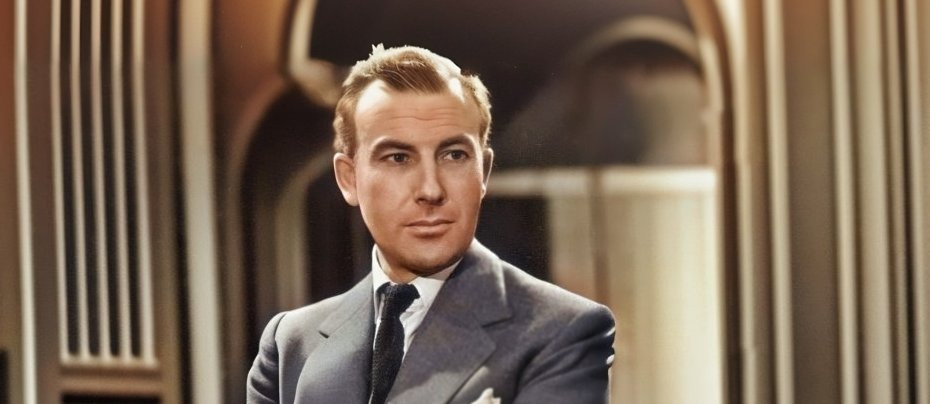
Ernest Clark
Ernest Clark, renowned as one of Britain's most distinguished actors, effortlessly navigated between the works of Shakespeare and his memorable portrayal in the smash hit Doctor in the House and its subsequent sequels as the irascible Professor Sir Geoffrey Loftus.
Born in Maida Vale, London, on 12 February 1912, Clark was the son of a master builder and received his education at St Marylebone Grammar School. After leaving school, he pursued a career as a reporter for a local newspaper in Croydon. At the same time, he took a keen interest in amateur dramatics and joined three societies in all, and when he was offered a job with the local repertory theatre, he eagerly accepted.
His first stage appearance was at the Festival Theatre, Cambridge, in 1937, where he remained in repertory whilst also undertaking several sessions at Sheffield and Brighton. His West End debut was at His Majesty's in 1939 playing the Emperor Charles V in The Devil to Pay. Apart from a six-year stint in the army during World War II, Clark remained dedicated to his profession. He toured throughout Britain in 1946 in The Years Between, and in 1947 The Winslow Boy. In New York in 1950 he scored a hit and rave reviews for his appearance in TS Eliot's The Cocktail Party at The Henry Miller Theatre, where he returned in 1954 in Witness for the Prosecution.
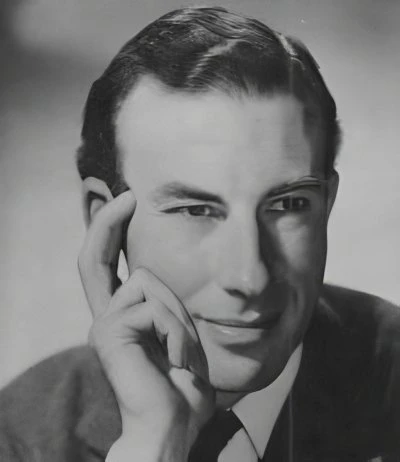
Clark made his screen debut in 1948 in a BBC crime-drama Death at Newtownstewart and continued to turn up in minor roles. One of them, coincidentally, was as a doctor in the first movie version of Richard Gordon's Doctor novels, Doctor in the House (1954), which also starred Dirk Bogarde, Kenneth More, Donald Sinden and James Robertson Justice. The following year he portrayed Air Vice-Marshal The Honourable Ralph Cochrane AFC RAF in the film The Dam Busters. That same year, he was at The Aldwych theatre in The Whole Truth, followed by runs in The Amorous Prawn at The Saville (1959). He starred alongside Kenneth More again in another wartime drama, Reach for the Sky, the semi-biographical film of Douglas Bader, Clark appearing as Wing Commander Beiseigel. Clark’s screen persona appeared to be set as ‘the officer type’ or a ‘figure of authority’.
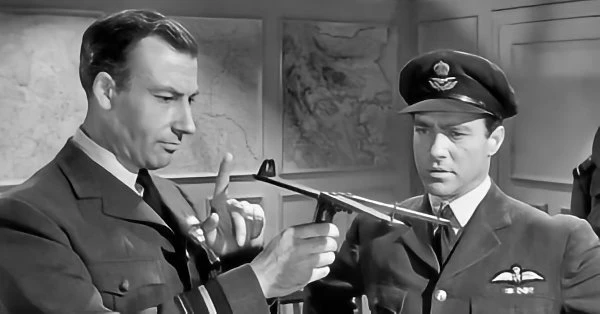
In the 1960s, Clark appeared in a number of high profile shows such as Maigret, No Hiding Place, Public Eye, and even popped over to America to appear in two episodes of The Beverly Hillbillies. In All Gas and Gaiters he appeared as The Dean, The Very Reverend Lionel Pugh-Critchley. In 1969 he made his first appearance in the LWT sitcom Doctor in the House which was followed by Doctor at Large (1971), Doctor in Charge (1972), Doctor at Sea (1974) and Doctor on the Go (1975) making a total of 78 ‘turns’ as Professor Loftus. During this run his most enduring memory was his portrayal of Sir Dymock Blackmore in the hit play The Jockey Club Stakes during its extended run at the Vaudeville Theatre in 1971.
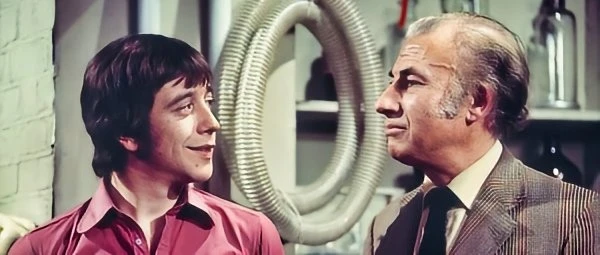
As the vice president of Equity from 1964 to 1969 and later as president from 1970 to 1973, he gained recognition as an articulate, outspoken, and often witty commentator within the profession. He consistently advocated for regulated entry into what he wryly referred to as an ‘overcrowded industry.’
Unfortunately, ill health led to his retirement in 1993, following his successful appearance in Peter Hall’s production of Terence Rattigan’s Separate Tables at the Albery Theatre in London. Ernest Clark passed away on 11 November 1994, aged 82 years. He married three times: one of his wives was actress Avril Hillyer, the first two marriages were dissolved. His third marriage, from 1972 until his death, was to Julia Lockwood, the actress daughter of the British film star Margaret Lockwood, with whom he had four children.
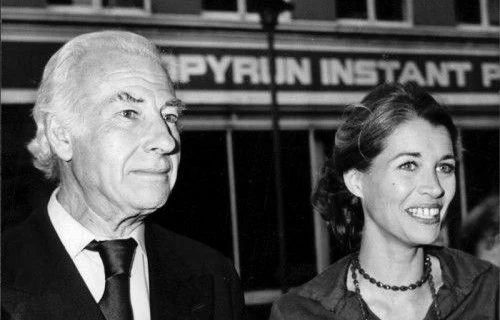
Clark’s legacy as a consummate actor places him alongside luminaries such as Robert Morley and James Robertson Justice—all seamlessly combined into one remarkable talent. Beyond the spotlight, he revealed his kindness, captivating storytelling abilities, and unwavering commitment to the theatre. Interestingly, despite criticism from some colleagues regarding his participation in numerous Doctor series, Clark remained steadfast, asserting, “I am merely an actor, paid to perform, and I strive to deliver what the audience desires. I am, after all, a servant of the public—and my agent.”
Published on April 1st, 2024. Written by Laurence Marcus for Television Heaven.


